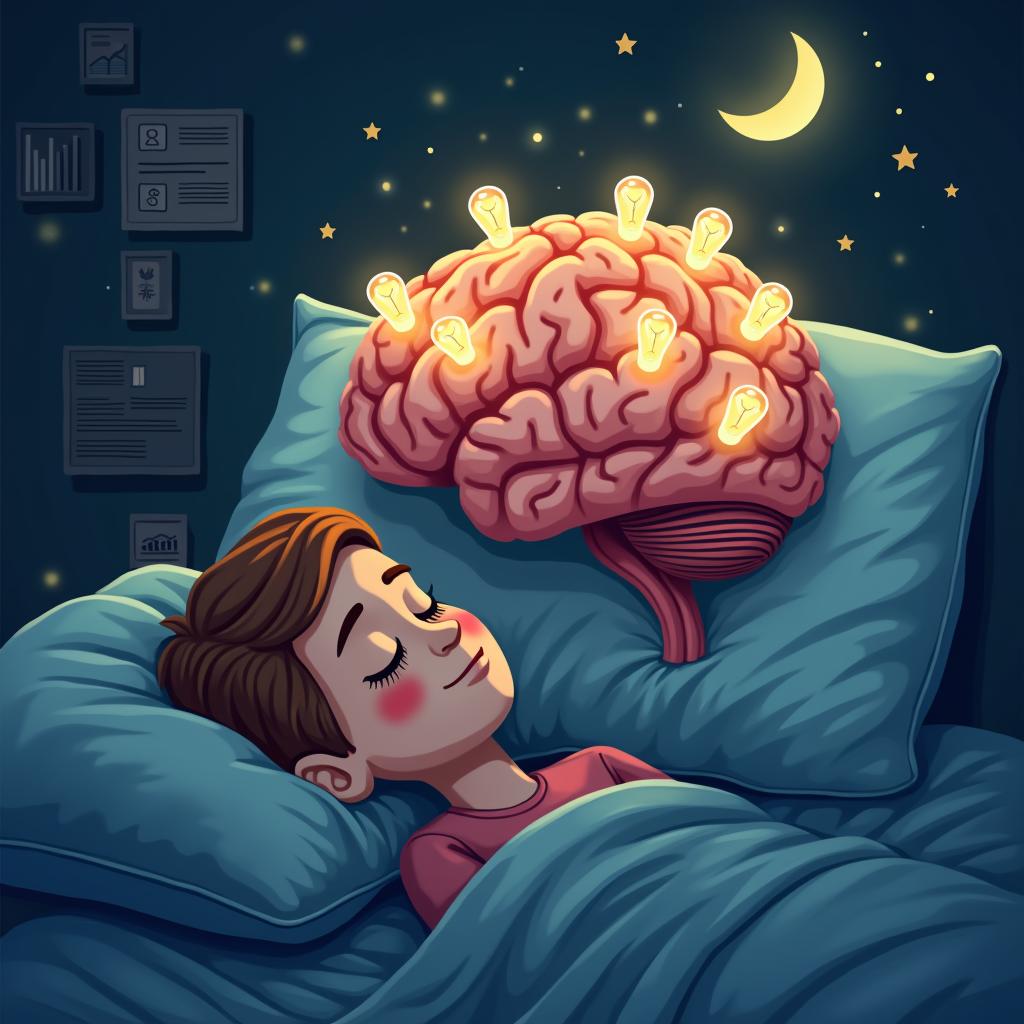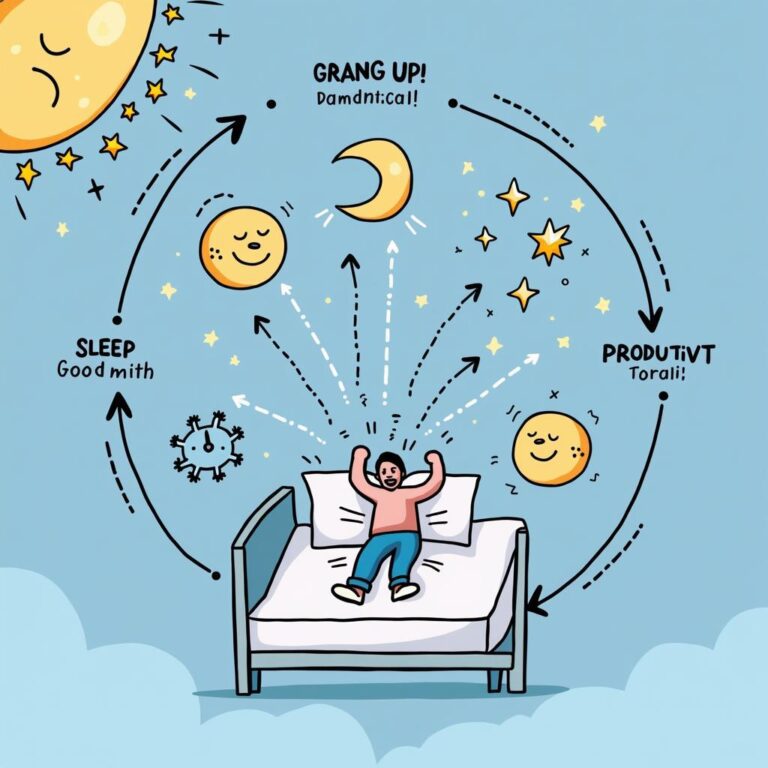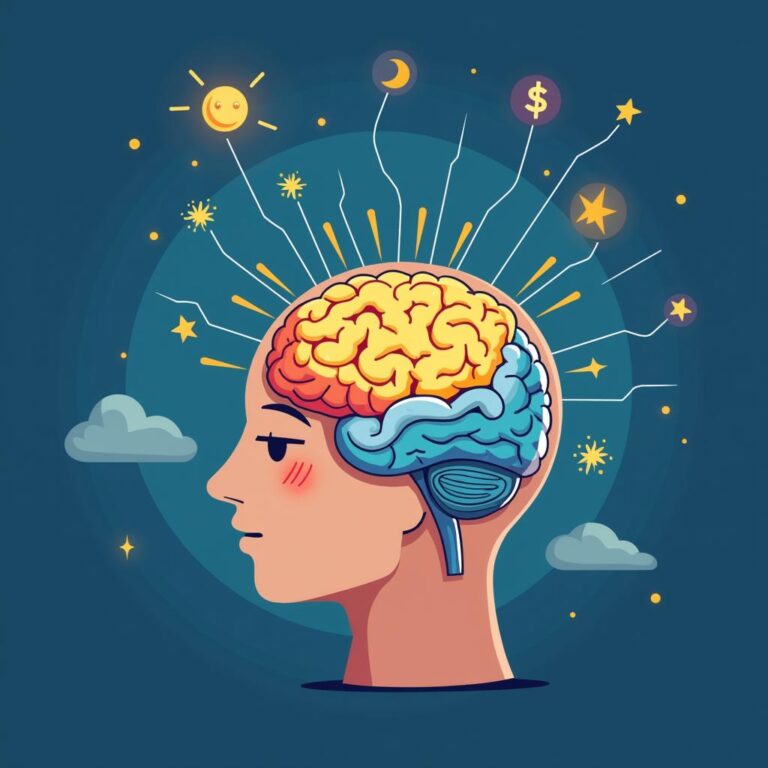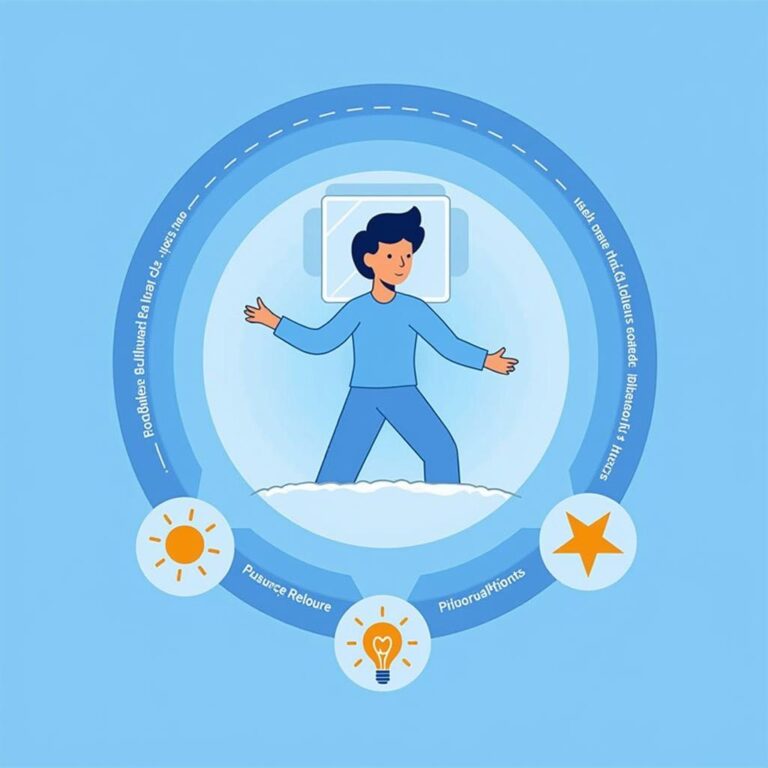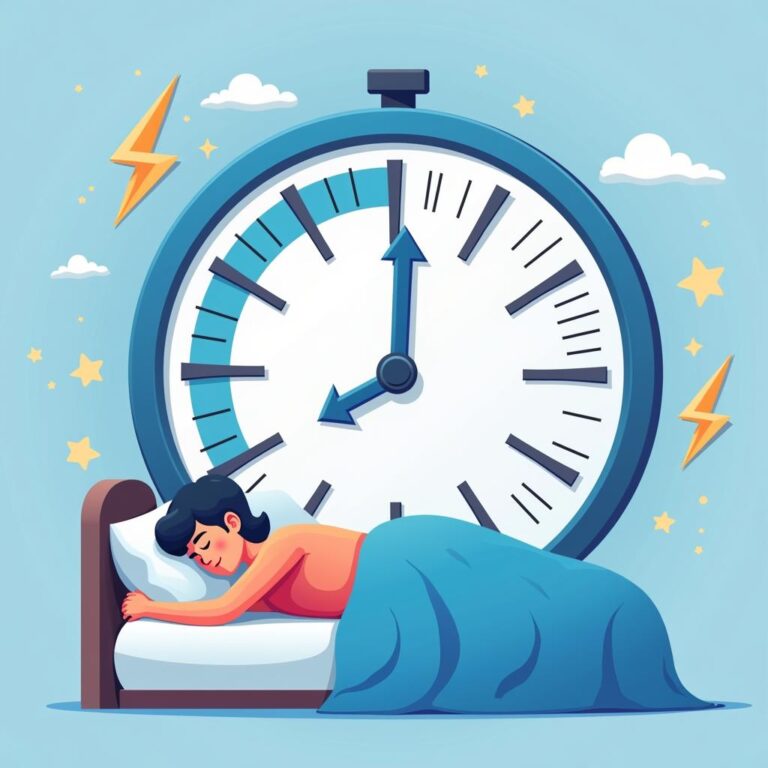Sleep is a fundamental aspect of our lives, crucial not just for maintaining our physical health, but also for enhancing our cognitive functions. The concept of sleep cycles plays a vital role in how quality sleep can improve mental clarity. Understanding these cycles can significantly enhance our overall well-being.
Understanding Sleep Cycles
Sleep is divided into several distinct phases: non-REM (Rapid Eye Movement) and REM sleep. Each of these phases plays an important role in the restorative processes of the brain. A complete sleep cycle generally lasts between 90 to 110 minutes and comprises the following stages:
- Stage 1: This is the initial phase of light sleep, where the body transitions from wakefulness. It lasts about 5-10 minutes.
- Stage 2: In this phase, the body enters a deeper state of sleep. Heart rate slows, and body temperature drops, making it harder to be awakened. This stage typically lasts for about 20 minutes.
- Stage 3: Known as deep sleep or slow-wave sleep, this stage is crucial for physical recovery and regeneration. It is the most restorative phase.
- REM Sleep: This phase usually occurs after about 90 minutes of sleep and involves rapid movement of the eyes. It is essential for cognitive functions like memory consolidation and emotional regulation.
Throughout the night, a person will typically experience 4 to 6 sleep cycles, cycling through these stages. Understanding this process can help us see how sleep cycles improve mental clarity.
The Role of Sleep in Cognitive Function
Sleep plays a pivotal role in cognitive functions such as attention, learning, problem-solving, and decision-making. When we neglect our sleep needs, cognitive performance suffers significantly. Research shows that a good night’s sleep can enhance mental clarity and focus.
One key aspect of this is how sleep cycles contribute to memory processing. During REM sleep, the brain consolidates and processes memories from the day, which is crucial for learning new information. This phase fosters creativity, making connections between ideas, and enhances problem-solving abilities. The restoration of brain function during these cycles is what helps sharpen our mental clarity.
Impact of Disrupted Sleep Cycles
When sleep cycles are disrupted due to various factors such as stress, irregular sleep patterns, or sleep disorders like insomnia, the consequences can be detrimental. Disruption can lead to insufficient time spent in the restorative stages of sleep, especially REM and deep sleep.
Here are some potential effects of disrupted sleep cycles:
- Impaired Memory: Without proper REM sleep, your brain struggles to consolidate new information.
- Reduced Focus: Lack of sleep leads to difficulties in maintaining attention, which can impact performance at work or school.
- Increased Stress Levels: Sleep deprivation can elevate cortisol levels, leading to increased anxiety and reduced mental clarity.
- Decision-Making Problems: Lack of restorative sleep can impair judgment and decision-making abilities, leading to poor choices.
How to Optimize Sleep Cycles for Better Mental Clarity
Improving your sleep cycles ultimately leads to enhanced mental clarity and overall cognitive function. Here are some practical tips to help you optimize your sleep:
1. Create a Consistent Sleep Schedule
Going to bed and waking up at the same time each day helps regulate your body’s internal clock. Strive for 7 to 9 hours of quality sleep each night to help maintain healthy sleep cycles.
2. Develop a Relaxing Bedtime Routine
Engaging in calming activities before bed can signal to your body that it’s time to wind down. Consider reading, practicing meditation, or taking a warm bath. Avoid screens for at least an hour before sleeping, as blue light can interfere with melatonin production.
3. Create an Optimal Sleep Environment
Your sleep environment significantly affects sleep quality. Ensure your bedroom is dark, cool, and quiet. Invest in comfortable bedding and consider using white noise machines or earplugs to eliminate disruptive sounds.
4. Mind Your Diet
The foods you consume can impact your sleep quality. Avoid heavy meals, caffeine, and alcohol before bedtime. Instead, opt for sleep-promoting snacks like bananas, almonds, or warm milk.
5. Incorporate Physical Activity
Regular physical activity can promote better sleep quality. However, aim to finish vigorous workouts at least a few hours before bedtime to avoid overstimulation that can hinder your ability to fall asleep.
Recognizing Signs of Sleep Deprivation
Being aware of the signs of sleep deprivation can help you address any sleep issues before they negatively impact your mental clarity. Common indicators include:
- Excessive daytime sleepiness
- Persistent fatigue
- Difficulty concentrating
- Memory issues
- Increased irritability or mood swings
Conclusion
In summary, sleep cycles play a crucial role in improving mental clarity and cognitive function. By understanding the importance of these cycles and taking actionable steps to optimize sleep, you can enhance your mental performance and overall well-being. Prioritize quality sleep as an integral component of a healthy lifestyle—your mind will thank you!

